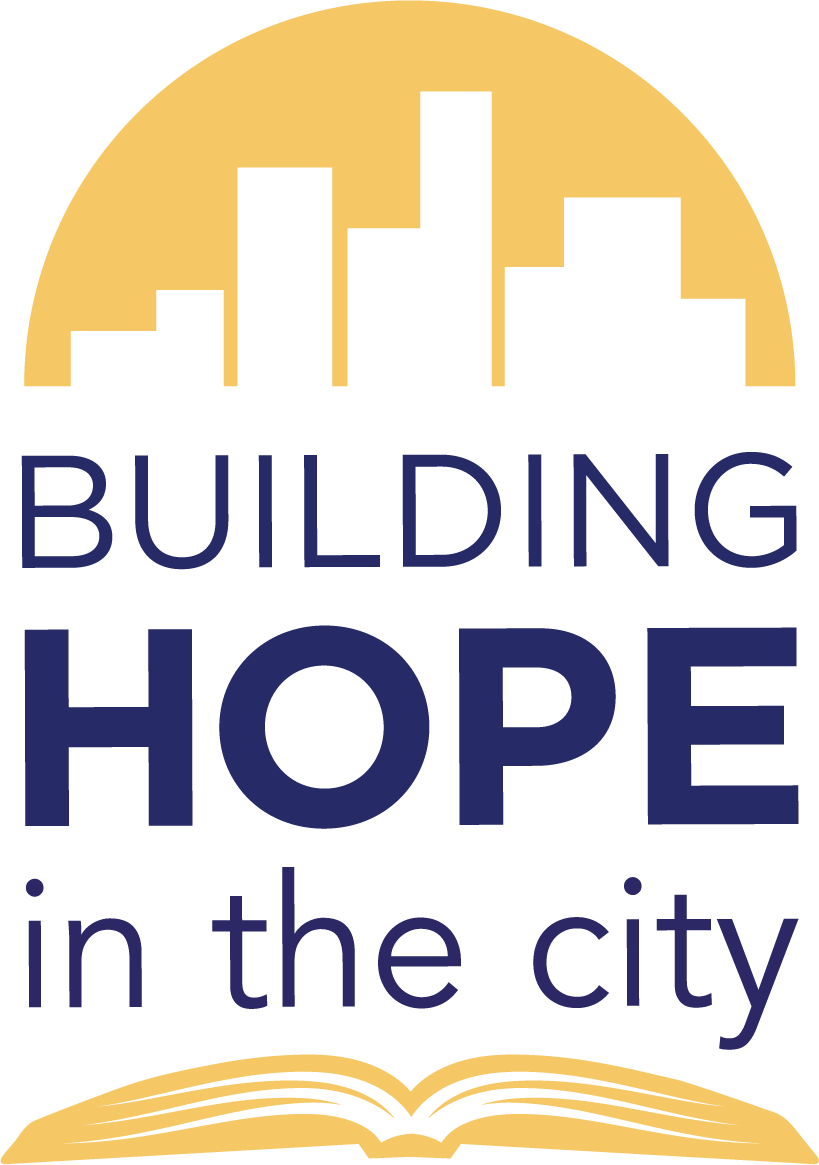Befriending Afghan Families in Cleveland and Beyond
A VOLUNTEER’S COMMITMENT TO SERVICE
In 2021, the Taliban’s tragic takeover of Afghanistan unfolded and The Hope Center (THC) quickly mobilized its community offering support to Afghan families who had made their way to Cleveland. Seeing the crisis unfold, one volunteer particularly felt compelled to help. Sharon Ratvasky watched as families arrived with hope for safety and a new life. When someone from THC reached out asking for help in childcare, she didn't hesitate.
Sharon first began volunteering with Building Hope in the City (BHITC) 15 years ago, before THC was formally established. Her church, Messiah Lutheran in Fairview Park, has partnered with BHITC in a variety of ways. Sharon drove immigrant families to ESL and Citizenship classes and cared for children while their parents attended. However, when it came time to focus on raising her own children, she took a break from her volunteer work.
When Sharon returned as a volunteer in 2021, she started by watching children while their parents attended classes. Soon, her involvement grew deeper. She found herself not just caring for the children, but also getting to know the immigrant mothers who worked in childcare.
“I never knew I would feel so connected,” Sharon reflects. “Immigrant women from THC invite me over to dinner, and we share meals and stories. It’s a wonderful community.”
One particular friendship blossomed with Nilofar, an Afghan American woman who also helps in childcare. Nilofar has two sisters who are talented and eager to learn, but they are confined to their home in Afghanistan most of the time due to cultural norms. Nilofar asked Sharon to teach them English through WhatsApp video chats.
“At first, I was anxious,” Sharon admits. “Will this even be helpful? Will I be interesting enough? How will this even work?” But, as the weeks passed, Sharon saw how eager and joyful Nilofar’s sisters were. Despite the challenges of unreliable internet and frequent power outages in Afghanistan, both Sharon and the sisters were determined to work through it.
Over the next six months, Sharon’s once-a-week virtual meetings became more than just an English lesson—they became a bridge for friendship and cultural exchange. Sharon would share stories from her everyday life, bringing in new English words and ideas. As Christmas approached, she taught them how to bake apple pie. The sisters, inspired by her lessons, decided to try making their own version with the resources they had: potato pie.
“We may be separated by miles, but we still find ways to share our lives digitally,” Sharon says. “It’s been such a gift to learn from each other.”
Through this experience, Sharon began learning more about Afghanistan—a country she knew little about before. She found herself immersed in the beauty of its traditions and the courage of its people, including these two who face severe restrictions as women.
“They’ve been through so much, but they are still joyful and show so much gratitude.”
Sharon’s connection to this family reminded her of her own heritage. Her grandmother had been in Slovakia when Hitler’s forces were about to invade, but was able to escape just in time. As an American, Sharon often reflects on how she got here.
Nilofar’s sisters often dream of one day coming to the U.S., imagining a time when they can finally meet Sharon in person. Despite the distance and physical borders the sisters face, the idea of reuniting with family and rebuilding their lives in a new country fuels their determination to keep learning.
As Sharon continues her work at THC, she remains in awe of the strength and resilience of the immigrant families. Her heart is full of gratitude for the friendships she has made along the way. “Keep your eyes open and your heart open,” Sharon advises. “You never know how God will work in your life.”


